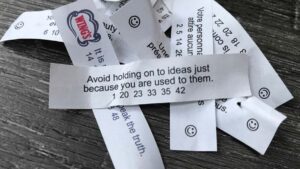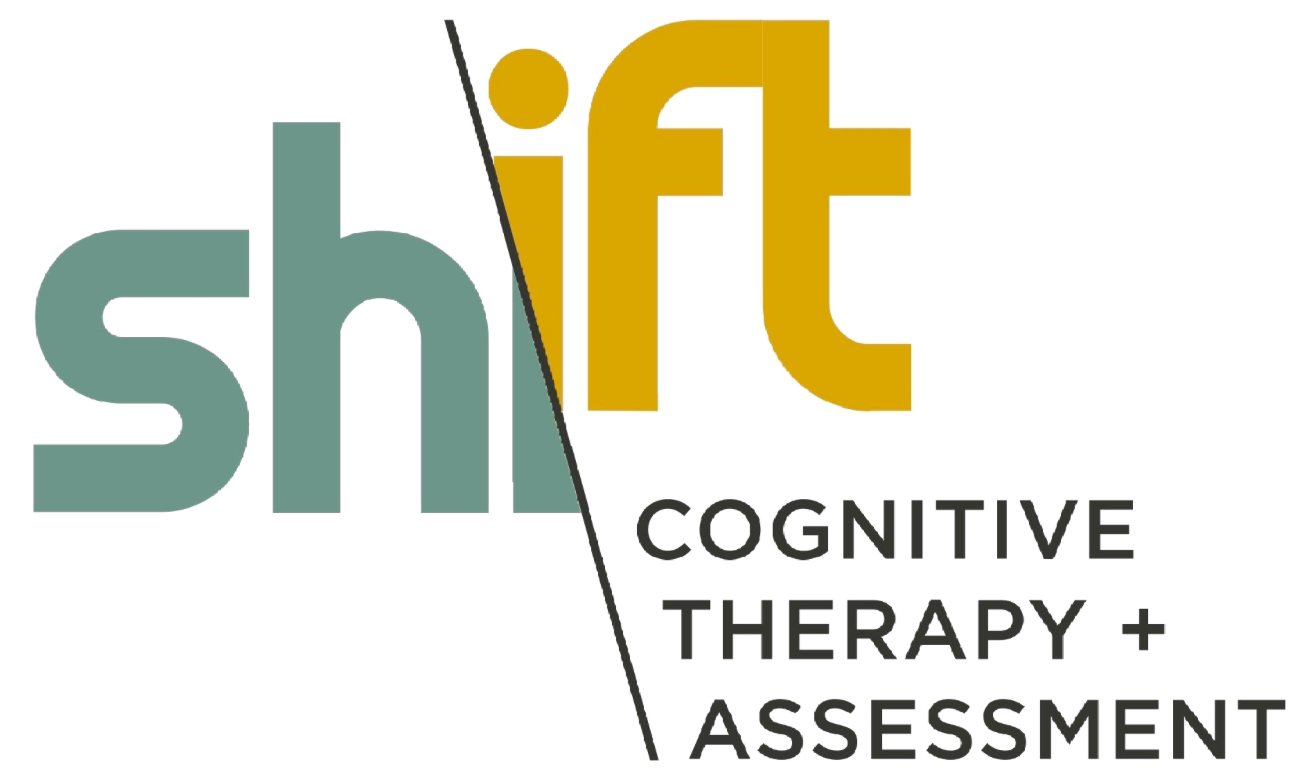What’s True and What’s Just a Habit?

 We humans have amazing brains! Most of us know that, but we often don’t spend much time thinking about why that’s so. One of the amazing things our brain does is automate common processes so we don’t need to waste the very precious and limited conscious awareness we have on mundane activities we’ve done hundreds of times before. Consciousness brings one’s full attention to some aspect of a task or situation. It would be both a huge waste and terribly overwhelming if we had full and complete awareness of every aspect of our experience. How would you get anything done if you were constantly distracted by sensation each time your clothes moved against your skin or by the individual movements of every single hair on your head! Automation allows us to do even highly complex things, like driving, grasping and manipulating objects, and walking on ‘auto-pilot’ so we can save our keenest focus for the really important stuff. This is truly an amazing ability, but it can become a problem when we some allow automated processes to continue simply because they’re already in place.
We humans have amazing brains! Most of us know that, but we often don’t spend much time thinking about why that’s so. One of the amazing things our brain does is automate common processes so we don’t need to waste the very precious and limited conscious awareness we have on mundane activities we’ve done hundreds of times before. Consciousness brings one’s full attention to some aspect of a task or situation. It would be both a huge waste and terribly overwhelming if we had full and complete awareness of every aspect of our experience. How would you get anything done if you were constantly distracted by sensation each time your clothes moved against your skin or by the individual movements of every single hair on your head! Automation allows us to do even highly complex things, like driving, grasping and manipulating objects, and walking on ‘auto-pilot’ so we can save our keenest focus for the really important stuff. This is truly an amazing ability, but it can become a problem when we some allow automated processes to continue simply because they’re already in place.
Belief systems are a good example of this because many of them are automated processes that that we assume are valid even when they’re inaccurate. We are forever taking information from the outside world, comparing it to what we think we know and then adapting, somehow. We say we’ve “learned something” when we consciously change a pre-existing belief to fit with new information. We say we’re “biased” when we discount, dismiss, or outright ignore new information that doesn’t fit with those existing beliefs. Sometimes, we simply stop even thinking that something else might be possible when we’ve been in the habit of believing it to be a certain way for a long time. We call some of these “core beliefs” because they can become fundamental to who we accept ourselves to be as people.
Core beliefs develop early in life and are usually pretty black-or-white. They can include ideas that “I’m not good enough”, “I’m weak”, or “There’s something wrong with me”. Even though they tend to generate a lot of feelings and can have a big influence on the decisions we make (for example, deciding to avoid doing something difficult because we don’t think we can do it), they usually don’t reflect the whole story of who or what a person is. At this time of year, when so many people rethink the ways they’re living and begin to plot a course for the future, it becomes important to really look at those ideas we have about ourselves. Who knows, you might be far more than you’ve been giving yourself credit for?
Dr. Ian Shulman, Psychologist
The post What’s True and What’s Just a Habit? appeared first on Shift Cognitive Therapy.

